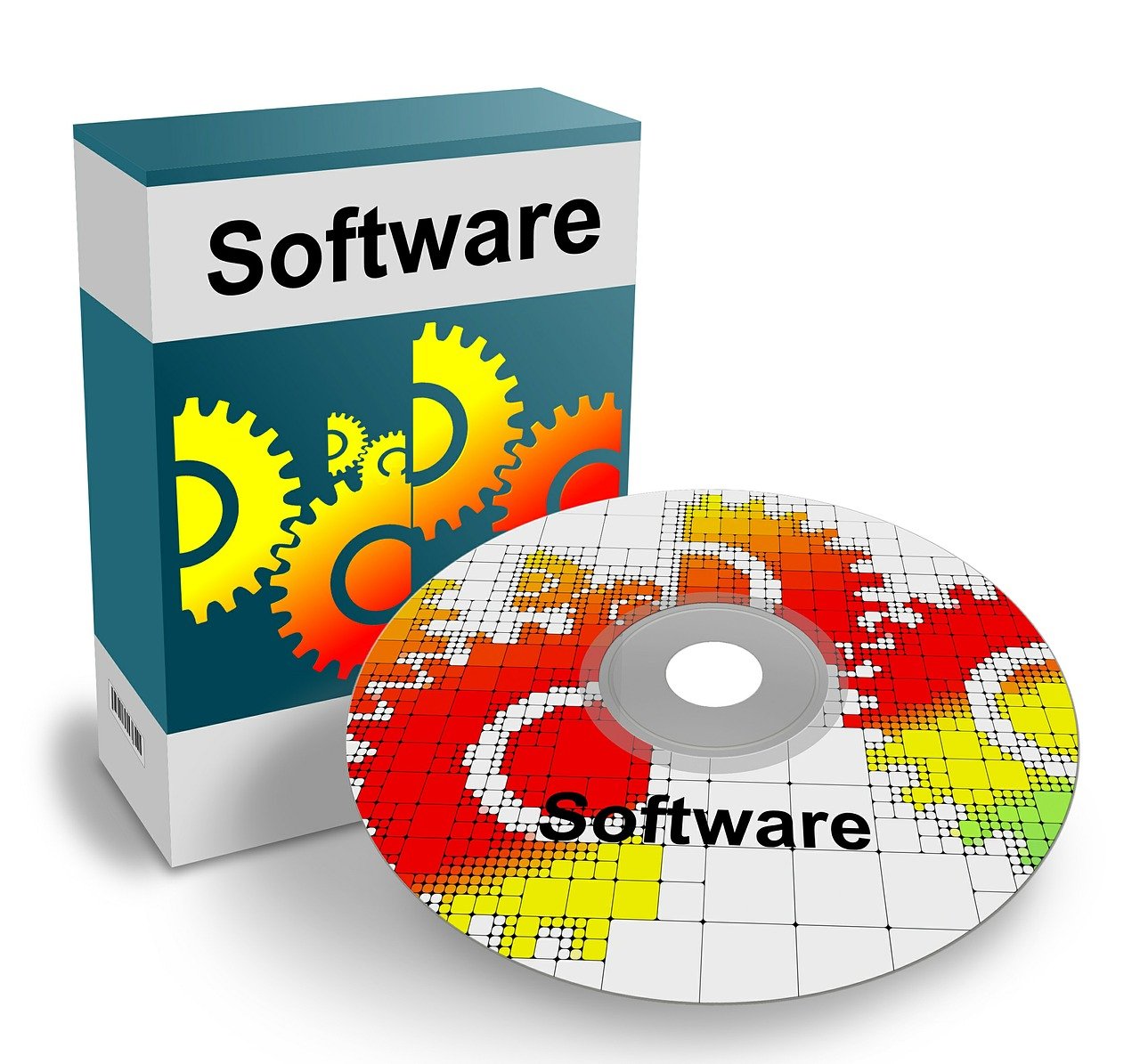

“Good software designs accommodate change without huge investments and rework.” ― Robert C. Martin
When your computer is very slow, crashes all the time, or takes ages to start, it can feel like the whole machine is broken.
Many people think they need to buy a new computer straight away. But the truth is, a lot of the time, the problem is not the parts of the computer. The problem is the clutter that builds up inside your computer.
This clutter is not the kind you can see on your desk. It sits deep inside your computer system in a place called, the Windows registry.
The registry is like a notebook that the computer uses to remember everything like which programmes you installed, the settings you use and all the little changes that happen when you use your machine.
When this notebook is neat, your computer runs smoothly. But when it gets filled with old, broken, or useless notes, the computer slows down and starts making mistakes.
Every time you install a new programme or update something, tiny pieces of data get added to the registry. Even when you remove a programme, little bits of it often stay behind.
Over time, this builds up. Some files go missing, some get damaged, and some just sit there taking up space.
When the registry is full of these leftovers, your computer has to work much harder to do even the simplest jobs. That is why you wait so long for it to turn on, why it freezes when you open too many windows, or why strange error messages pop up.
This is where Registry Cleaners come in. They are small pieces of software that clean up the mess inside the registry. They scan through the notebook, find the useless or broken entries and then clear them away. This does not magically make an old computer brand new, but it does make things smoother.
Often, you will notice that the computer starts up faster, errors show up less often, and the whole system feels lighter to use.
The best part is that Registry Cleaners are usually very simple. You do not need to be a computer expert to use one. Most of them have a clear screen with easy buttons that say things like “Scan” and “Clean”. They do the hard work for you.
Trying to clean the registry by yourself is risky because deleting the wrong entry can make the system crash. That is why these tools exist: to do the job safely and quickly.
Some people promise that Registry Cleaners can fix every problem on your computer. That is not true.
If your hard drive is failing, or your computer is too old to run modern software, no cleaner will solve that. But if the main problem is clutter in the registry, then a cleaner can make a big difference.
It is not about miracles. It is about tidying up the place where your computer stores its memory.
I used to think these cleaners were just another trick to sell software. But I remember a time when my computer kept crashing while I was trying to finish an important file. I was desperate and gave one a try.
The change was not huge, but it was enough. The crashes stopped, the startup was faster, and I could finally get my work done without waiting forever. That was the day I understood that sometimes the smallest clean-up can bring the biggest relief.
So, if your computer feels slow today, you do not need to rush out and buy new parts.
ACTION: Here’s what you need to do – try the simple things first.
- Remove programmes you no longer use.
- Empty your temporary files and browser cache.
- Restart the system properly instead of keeping it in sleep mode all the time.
- If it is still slow, then it may be worth using a registry cleaner. Look for one that has good reviews and does not make big promises. Use it with calm expectations.
Think of it as giving your computer a small spring clean, not a full rebuild.
Last Words
In the end, computers are a lot like people. We all carry clutter over time like old memories, mistakes, bits and pieces that no longer help us. Sometimes you just need a quiet tidy-up to feel lighter and work better.
A Registry Cleaner cannot solve every of your problem, but it can clear away the junk, reduce the stress on your system and help your computer breathe again.
If your system feels painfully slow, Remember: it might not be the end. Sometimes it is just clutter. And clutter can be cleaned.
Did You Know…
“…if you have an Amazon Prime account, you can get some great magazines for Free for 30 days? Yes, you can! They have cool titles like Wired, Popular Science, Reader’s Digest and Taste of Home.
Check them out here and get some great reading!”
Tech-Tip 101 INSIDER SECRET: Silence Your Phone with Siri Like Magic!
“If you need some quiet time on your phone, you can use Siri or Google Assistant to put it on Do Not Disturb mode. Just say “Siri, put my phone on Do Not Disturb” if you have an iPhone, or “Hey Google” followed by your command if you have an Android.
This is handy before recording podcasts or radio shows, or any time you need to concentrate without interruptions.”
Be on the Alert!
THE 5 KEYWORDS (3 of 5)
How to Make Money Online?
“If you’re looking to make money online, be careful because a lot of “amazing” opportunities are scams. I get asked about them all the time, and more often than not.
They’re not real.
Yes, you can make money from home, but if an opportunity seems too good to be true, it probably is.
Some companies have great perks and high pay, but good jobs are hard to find. If you see a job that offers far more money or benefits than similar jobs, be sceptical.
Also, look out for contract or part-time jobs with lots of unusual perks.
If a remote office support job offers a big bonus or a super flexible schedule, it could be a scam.
Here are Ten signs to help you spot a fake job offer so you don’t get scammed:
- The perks seem too good to be true.
- You’ve been offered the job but haven’t applied.
- The job posting or email is full of errors.
- The company doesn’t have much of an online presence.
- Conversations about the job are only via messaging apps or email.
- Answers to your questions are vague.
- The interview or offer feels like a high-pressure sales pitch.
- You’re asked to pay for equipment, training or other fees in advance.
- You’re asked for personal information by someone other than a recruiter.
- Your gut feeling tells you it’s not right.
Always be careful and do your research!”
Best,
R Bismarck
Don't miss article like this!


